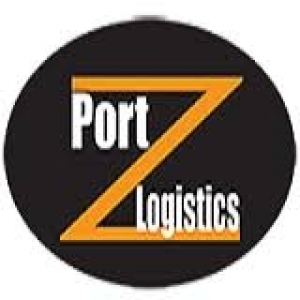In the world of freight logistics, effective communication is crucial for the smooth and efficient operation of the industry. Without clear and concise communication, the transportation of goods from one point to another can be challenging and prone to errors. In this article, we will explore the significance of effective communication in freight logistics and why it is essential for the success of the industry.
- Streamlining Operations with Communication
Clear communication plays a vital role in streamlining operations within the freight logistics sector. From the moment a shipment is picked up to its final delivery, various parties such as shippers, carriers, and receivers need to be in constant communication to ensure a seamless process.
By utilizing technology and efficient communication channels, stakeholders can easily exchange information about shipment details, pickup and delivery times, and any potential issues that may arise. This real-time communication greatly reduces delays and ensures that everyone involved is on the same page.
- Minimizing Errors and Maximizing Efficiency
Effective communication helps minimize errors in freight logistics. Miscommunications or misunderstandings can lead to costly mistakes, such as incorrect addresses, missed pickup times, or improper handling of goods. These errors not only result in financial losses but can also damage the reputation of the companies involved.
By establishing clear lines of communication and providing accurate information, freight logistics providers can reduce the risk of errors and increase overall efficiency. When all parties have a shared understanding of expectations and responsibilities, the chances of mistakes occurring are significantly reduced.
- Enhancing Customer Satisfaction
One of the primary goals of any freight logistics company is to ensure customer satisfaction. Effective communication is essential in achieving this objective. Customers rely on timely updates about their shipments and expect transparency throughout the entire process.
By maintaining open lines of communication with customers, freight logistics providers can provide real-time tracking information, address any concerns promptly, and offer proactive solutions to unforeseen challenges. This level of communication not only enhances customer satisfaction but also builds trust and fosters long-term relationships.
- Collaborative Approach and Problem-Solving
Freight logistics often involves multiple stakeholders working together to ensure successful delivery. Effective communication promotes a collaborative approach, enabling all parties to work together towards a common goal.
When challenges or unexpected issues arise during transportation, clear communication allows for quick problem-solving. By openly discussing the problem and involving all relevant parties, solutions can be reached more efficiently. Effective communication fosters teamwork and ensures that everyone is working towards finding the best possible resolution.
- Adapting to Changing Circumstances
The freight logistics industry is dynamic, with constantly changing circumstances and unpredictable variables. Effective communication enables all stakeholders to adapt to these changes quickly.
Whether it's a sudden weather event, a change in pickup or delivery locations, or alterations in shipment requirements, clear communication ensures that all parties involved are informed and can adjust their plans accordingly. By staying connected and sharing information, the industry can respond to changing circumstances effectively and minimize disruptions.
Conclusion
In summary, effective communication is vital in freight logistics. It streamlines operations, minimizes errors, enhances customer satisfaction, promotes collaboration, and allows for adaptation to changing circumstances. By prioritizing clear and concise communication, the freight logistics industry can thrive and deliver goods efficiently while meeting the demands of a rapidly evolving global market.






